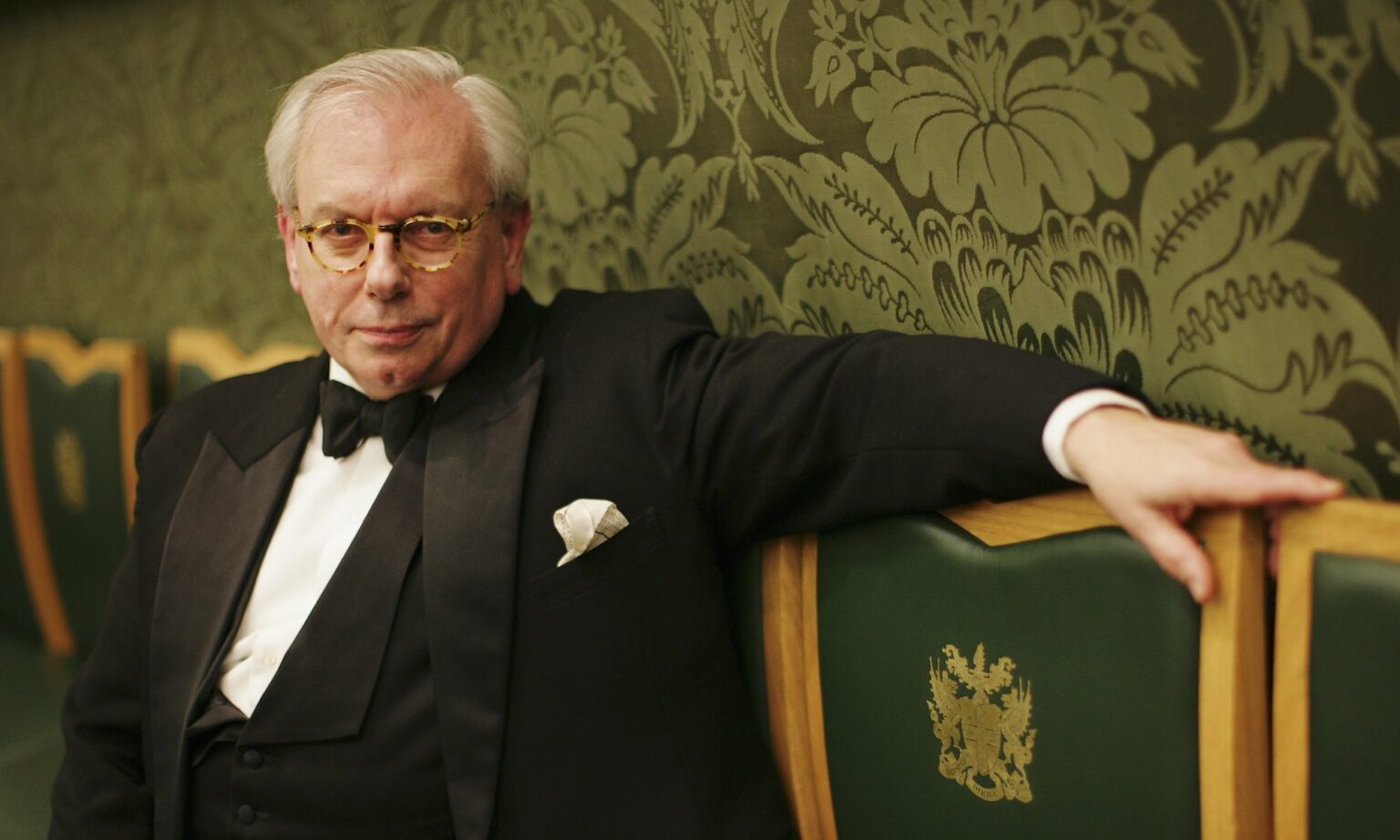The Turner Prize is now a tool of woke
Artistic excellence has been sacrificed at the altar of ‘social justice’.

Want to read spiked ad-free? Become a spiked supporter.
‘And the winner of the 2021 Turner Prize for best contemporary British artist is…’ irrelevant.
Of course, the actual winner, announced last week, is the Array Collective. But it’s irrelevant because who wins has nothing to do with art or artistic excellence. Indeed, the Turner Prize is now little more than a display of virtue-signalling by the cultural elite.
It wasn’t always like this. The Turner Prize was first awarded in 1984. Back then it was seen as a bold attempt to celebrate and draw attention to the best of British contemporary art. It managed to create an international buzz around British art and contributed to the making of internationally recognised superstar artists. Past winners include: sculptors Rachel Whiteread, Antony Gormley and Anish Kapoor; photographer Wolfgang Tillmans; painters Howard Hodgkin and Malcolm Morley; and sculptor / painter Damien Hirst. All are important and challenging British artists – because to them it is the art that matters.
Fast forward to 2021, and the Turner Prize’s founding notion – to champion contemporary British art – has been jettisoned, as has any commitment to promoting artistic excellence.
This year, all five nominees were art collectives, who, we’re told, have helped to ‘inspire social change through art’. They include eventual winners the Array Collective, Black Obsidian Sound System (BOSS), Cooking Sections, Gentle / Radical and Project Arts Works. These collectives are being championed by the judges, not because of their art, but because of their activism. This includes raising awareness of queer, trans and intersex issues, addressing sectarianism in Northern Ireland, and drawing attention to the environmental consequences of modern food production.
All the nominees treated art as little more than a tool for pursuing ‘social justice’. They have upended that 19th-century ideal of ‘art for art’s sake’ – now it is art for the sake of something else, art as a tool, an instrument of woke politicking.
As Wendy Earle observed on spiked in 2019, the Turner Prize has form for using art to pursue social-justice activism. But this has now gone beyond woke posturing. The Turner Prize is now anti-art. Its judges have decided to judge art not on its own terms, but in terms of how ‘progressive’ it is.
The Turner Prize’s embrace of wokeness shouldn’t be a surprise. The ‘social justice’ agenda is pervasive across the cultural elite. Take art criticism itself. A New York Times piece on the Turner Prize showed little interest in the actual art on display, preferring instead to lament how few artists from minority backgrounds had won the prize. Elsewhere, a Guardian editorial had only one concern – that perhaps the prize might be just a little too right-on. ‘The current mood at the Turner prize may be laudable in itself’, it stated, before urging it not to become ‘too po-faced’.
Can art have a politically transformative effect? Not exactly. Great art revolutionises art practice and can inspire new ways of seeing the world. But it cannot change the world.
To celebrate art for social change is not just delusional, it is also anti-art. It turns the artist into a social engineer and the viewer into a passive recipient of an ever-narrowing political and cultural script. Art that is instrumentalised in this way is no longer art. Sadly this year’s hyper-politicised Turner Prize is just one example of a broader ideological assault waged through our cultural institutions – from education and the media, through to theatre and museums.
All these cultural institutions have suffered a crisis of purpose and authority. Cultural elites used to derive their authority and sense of purpose from the pursuit of intrinsically cultural objectives. Now they’re trying to do so through the pursuit of political objectives. The result is a highly politicised cultural output, which is often destructive of culture – from statue-toppling wars on the past to projects of decolonisation. Indeed, it can often seem as if today’s cultural elites hold art, history and the public in utter contempt.
And that’s the problem with the 2021 Turner Prize. It is not a celebration of art at all. It celebrates the propaganda of a disoriented and decadent cultural elite.
Alex Cameron is a design and cultural critic based in Madrid. Visit his blog here.

David Starkey and Brendan O’Neill – live and in conversation
Tuesday 14 December – 7pm to 8pm
Tickets are £5, but spiked supporters get in for free.
Picture by: Herbert Art Gallery and Museum.
Celebrate 25 years of spiked!
A media ecosystem dominated by a handful of billionaire owners, bad actors spreading disinformation online and the rich and powerful trying to stop us publishing stories. But we have you on our side. help to fund our journalism and those who choose All-access digital enjoy exclusive extras:
- Unlimited articles in our app and ad-free reading on all devices
- Exclusive newsletter and far fewer asks for support
- Full access to the Guardian Feast app
If you can, please support us on a monthly basis and make a big impact in support of open, independent journalism. Thank you.






Comments
Want to join the conversation?
Only spiked supporters and patrons, who donate regularly to us, can comment on our articles.